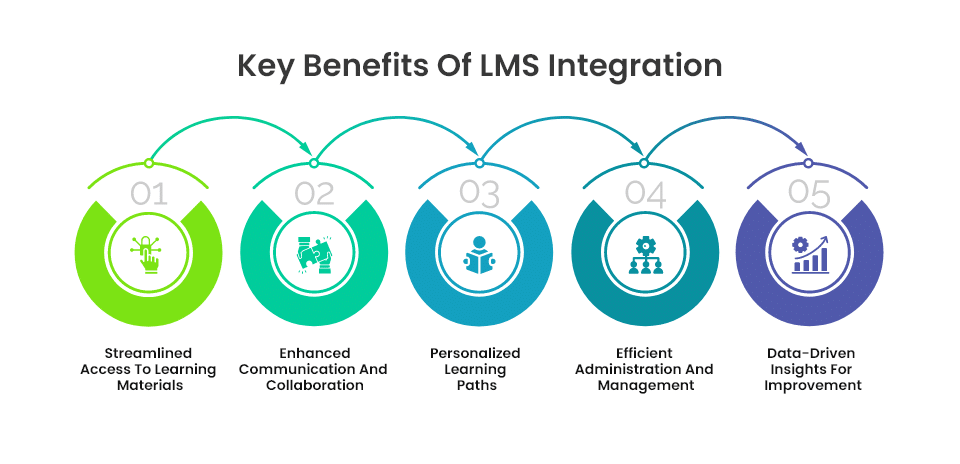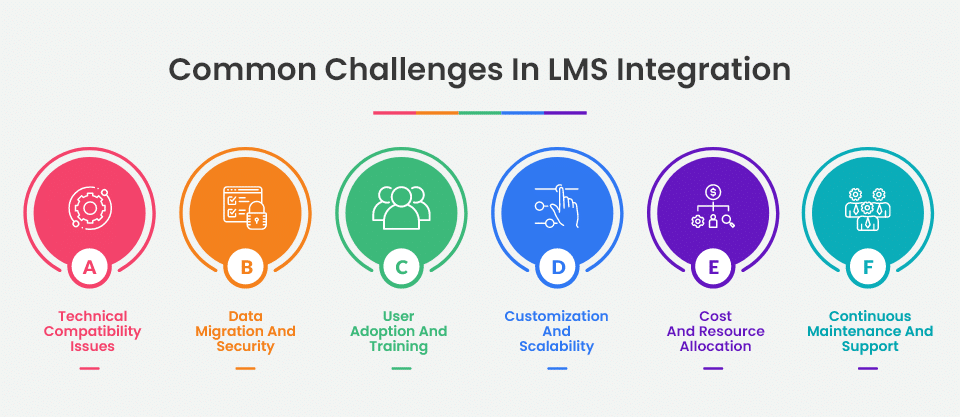In today’s digital age, Learning Management Systems (LMS) play a critical role in reshaping educational and professional training approaches. These systems are increasingly being adopted by educational institutions, from top-tier universities to local schools, to improve the delivery of their curricula. Similarly, in the business world, LMSs are essential for streamlining training programs, fostering employee development, and even contributing to innovative strategies in product-led growth.

We have
something for you!
Are you still figuring out which LMS is the best? Grab the chance to explore the LMS Buyer's Guide and get started.


















